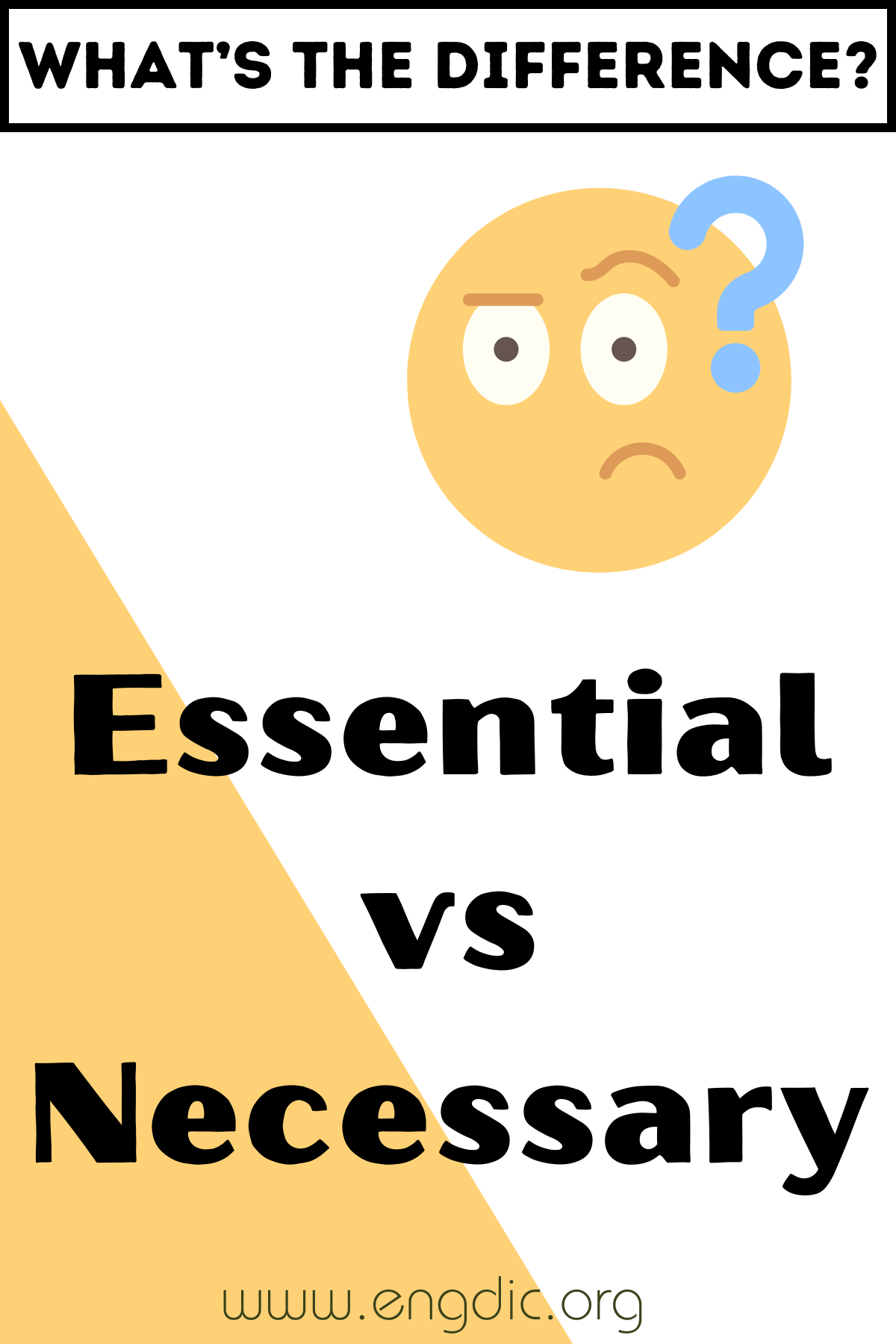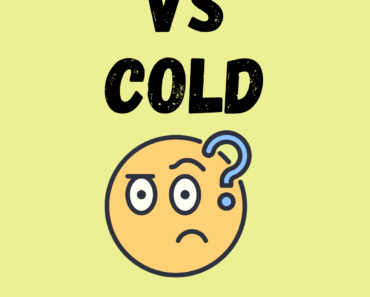The terms “essential” and “necessary” are often used interchangeably but have subtle differences.
- “Essential” refers to something fundamental or indispensable, without which a system or process cannot function properly. It implies a core requirement that cannot be compromised.
- “Necessary,” on the other hand, refers to something that is required or needed but not necessarily fundamental.
It suggests something required for a particular purpose or situation but allows for alternative solutions. For instance, water is essential for life, while electricity is necessary for modern living but not for survival.
Essential:
- Definition: Indispensable or absolutely necessary; crucial for the functioning of a system or organism.
- Usage:
- Crucial Importance: Essential items refer to things that are absolutely vital, like oxygen for breathing or nutrients for health. Example: “Oxygen is essential for survival.”
- Key Components: Used to denote something without which the overall integrity or purpose is compromised. Example: “Learning the basics is essential for mastering any skill.”
- Intrinsic Nature: Sometimes used metaphorically to refer to the essence of something. Example: “Love is essential in building strong relationships.”
Necessary:
- Definition: Required for a particular purpose, task, or outcome; cannot be omitted or avoided.
- Usage:
- Requirement: Something that must be present or met to fulfill a need. Example: “It is necessary to wear a helmet when riding a bike for safety.”
- Inevitable: Used to describe situations or conditions that are unavoidable. Example: “Some pain is necessary for personal growth.”
- Conditional Needs: It can imply specific requirements based on the situation. Example: “It is necessary to bring an umbrella if it’s likely to rain.”







